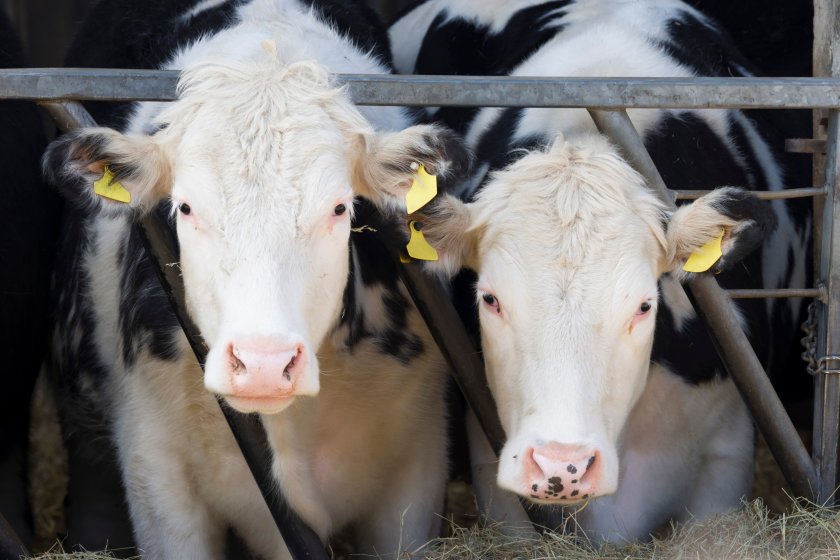
Defra and the Welsh government have announced the introduction of a general licence to cover the movement of TB restricted cattle following industry lobbying.
The announcement means that from 2 October, farmers will be able to apply to the Animal and Plant Health Agency (APHA) for a general licence.
This covers either directly from a restricted holding or through an ‘orange market’ in England and Wales, to an AFU (Approved finishing unit), AFUE (Approved finishing unit – enhanced with grazing) or a licenced slaughterhouse.
NFU Cymru said the introduction of the general licence was 'extremely welcome news' and would make 'a real difference' to farmers operating businesses under TB restrictions
“The new general licence is absolutely a win-win," said Roger Lewis, the union's TB focus group chairman.
"It will reduce the red tape associated with moving animals, especially calves and youngstock, off the farm during a TB breakdown without compromising disease control.
“The TB focus group recommended the introduction of a general licence as a way of combatting the delays many farmers faced when applying for individual licences for each animal, which often led to slots for getting animals into biosecure outlets, such as AFUs, were missed.
"We’ve been working across the cattle industry, as part of the GB Calf Strategy, to secure this change and the NFU Cymru TB Focus Group will continue to champion areas where improvements to the operation of TB policy can be made.”
The new general licence, known as licence TB16e, will replace the need for individual movement licences and will be valid for the time between short-interval tests.
A new licence will need to be applied for from APHA after each short-interval test.
Welcoming the news for England, NFU deputy president Tom Bradshaw said it was “common sense”, with the new arrangements removing “unnecessary red tape” from the current process for all parties.
This was echoed by NFU dairy board chair Michael Oakes, who said that the current arrangement “puts additional strain on farm”.
He added: “This policy change is particularly welcome as it will help provide greater flexibility to producers when trading restricted cattle into orange markets or TB licensed units.”
